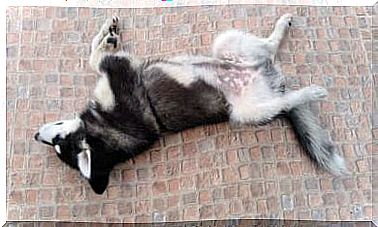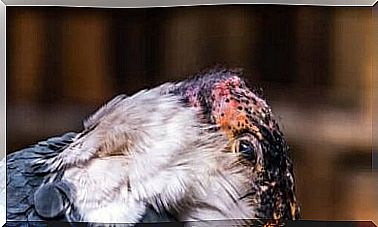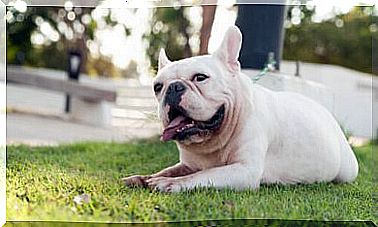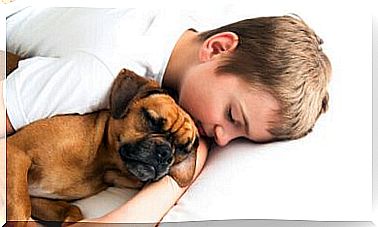5 Small Breed Dog Care

When a pet becomes part of our lives, we must be aware that we become responsible for its care and well-being in different aspects. But, as we’ve talked about on other occasions, not all animals require the same care. Today we’ll talk about the specific needs of small breed dogs.
1- Greater care against extreme temperatures with small breed dogs
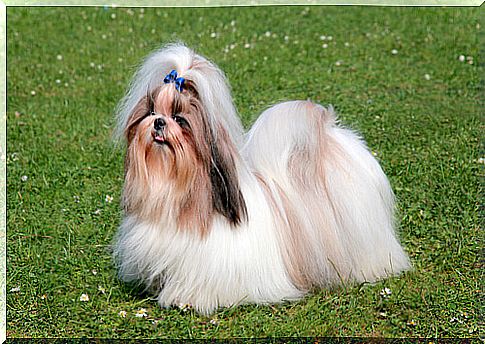
It is known that the dog’s coat acts as a thermal regulator both in cases of cold and heat. But in small breed dogs, if the coat is not dense, they run the risk of losing temperature quickly, precisely due to their small size and the layer of fat that is also usually smaller.
Keep in mind that hypothermia is often common in pets that weigh less than two kilograms.
For these reasons, it is essential that you keep your furry warm with proper clothing, especially when going outside. But it’s not just about protecting the animal from low thermals. Also consider factors such as wind, rain, and humidity that can also make you feel even colder than what the thermometer marks.
2- Food
A small dog’s metabolism works at a faster rate. This is partly because, as we’ve already mentioned, his body has to make a greater effort to maintain his body temperature. That’s why he needs to eat more often and consume a higher number of calories.
In the pet products market there are rations designed specifically for small breed dogs that, in addition to considering their nutritional needs, take into account the size of the mouth of these little furry ones. Cookies, for example, are smaller in size, so they facilitate ingestion and take care of oral health.
Consult your veterinarian about the best feed options for your furry. And if you choose to give him homemade food, be absolutely sure that you are providing a suitable diet for your pet.
3- Teething
Some small dog breeds can even suffer a greater deterioration in their dental parts, which usually start to appear after 3 years of life. Among the signs that should draw your attention to this issue, the following stand out:
- Bad breath.
- Bleeding gums.
- Resistance when trying to examine your mouth, the cause of pain or discomfort you are feeling.
Regular brushing of your teeth, then, is a fundamental tool for taking care of your dog’s mouth health. Once again, we suggest that you go to a professional to explain how you should do it and what products you should use to correctly perform this task. But, also, brushing must be added to periodic inspections and more thorough cleaning at the veterinarian.
In addition, giving food suitable for its size and including tooth bars as a reward will help keep your pet’s teeth clean and eliminate tartar. On the other hand, some toys, due to their specific design, help to remove plaque.
4- Nails
While nail clipping is a part of everyday dog care, it’s a matter you should pay more attention to. Small breed dogs need their nails to be trimmed more often, as they are less likely to wear them naturally than their larger nails.
The main reason is that they spend a great deal of time indoors, where they don’t find many options for wearing out their nails, as they might if they exercised more assiduously outdoors. Besides, their light weight doesn’t help them to be sanded either.
To avoid the size of the nails hindering the movements of your furry, you should cut them frequently. If you have questions about how to do this correctly or are afraid of hurting him, ask the vet to help you out with this task.
5- Heart
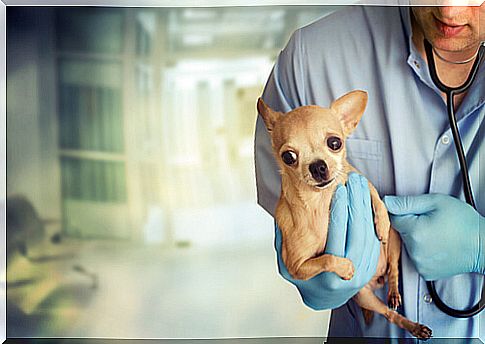
Heart valves can cause problems in an average of 60 percent of small-breed dogs, causing the heart to weaken and not pump enough blood.
These inconveniences begin to manifest themselves more frequently after the animals’ ten years of life.
Watching for signs such as excessive wheezing and having regular medical checks can help prevent these heart ailments in your pet.
